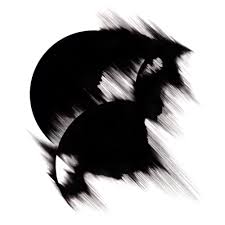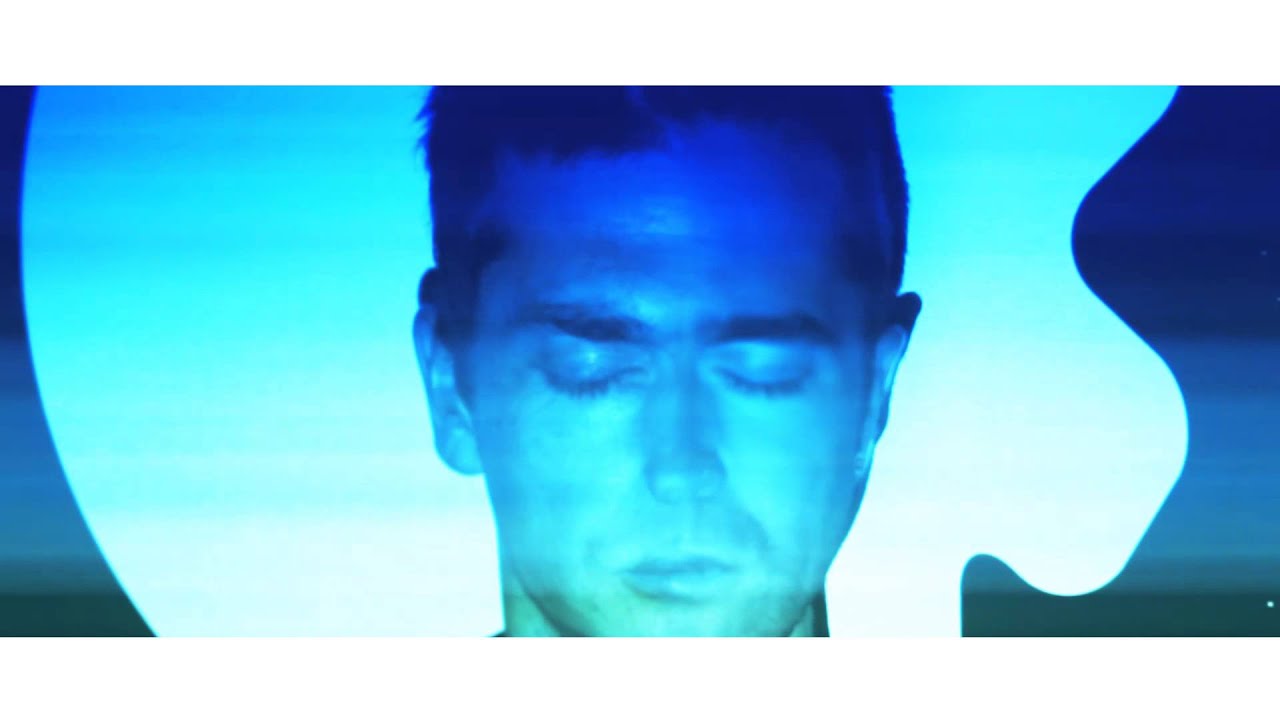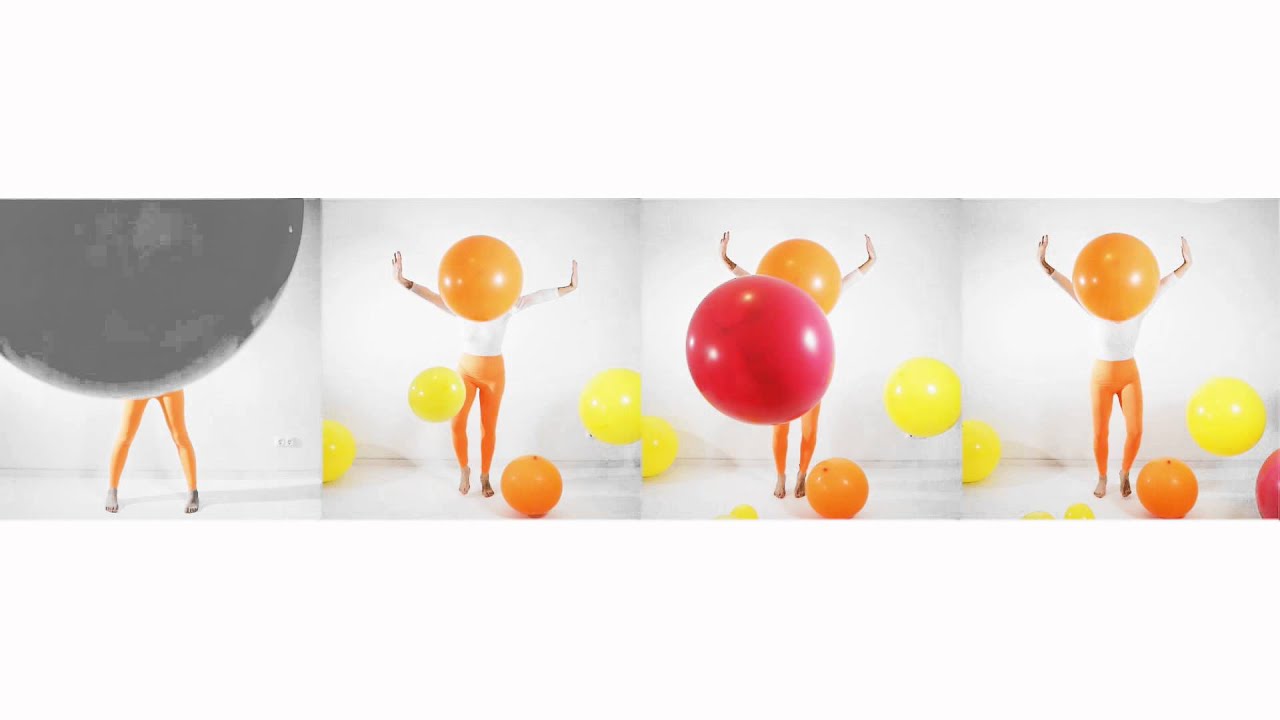In numerous interviews over the years, techno godfather Jeff Mills has often talked about the future of the genre as a music form breaking out and moving beyond the confines of the club environment, allowing it to be experienced in different forms and surroundings. With Tundra, the second album from Irish techno duo Ian McDonnell and Dara Smith, also known as Lakker, we have a mesh of electronic and organic sounds and rhythms that breaks such confines, willing us to step outside from our dark sound system caverns and allowing the elements to connect with our bodies.
It’s been a patient build up to this moment. Since their 2007 debut album Ruido, which saw them mix granite beats with sharp, abrasive blasts of sheet noise, McDonnell and Smith have adopted a freewheeling approach to expanding their musical landscape, mixing 4/4 bangers with idiosyncratic experimentation. But it was when they made their new home with R&S records last year that Lakker have cranked up their production several notches. After the release of their Containing A Thousand and Mountain Divide EPs, Tundra sees Lakker come into their own, stretching the stitching that holds their productions together until they almost break.
A cursory glance of Tundra‘s track titles provide suggestions and links between their production efforts and the world around them. There are references to natural terrain and manmade structures (‘Tundra’, ‘Mountain Divide’, ‘Halite’, ‘Pylon’), while the track ‘Ton’neru’, or "tunnel" in Japanese, refers to the motorway tunnels in Japan where they conducted field recording experiments. The imagery of these titles, combined with Lakker’s excellent use of said field recordings and sound samples, imbue Tundra with an living and expansive topography as they sculpt wind-blasted epic landscapes of sound that ebb and flow inside your head. On ‘Mountain Divide’, canyon deep drones and shards of noise roar and blast with a searing hot bright light, providing nature’s sonic flip-side to the corroded dark extropianism displayed by the likes of Ben Frost’s AURORA album. On ‘Ton’neru’, time stretched klaxons whoosh through you before giving way to a pulsing, creeper bass that slithers along the floor, while with ‘Halite’ (the chemical name for rock salt) is a subterranean cave of a track where the notes and tones drip and pool in the darkness. The title track ‘Tundra’ conveys the barren symbolism contained within in the word, with distant reverberations, abstract hisses and skittering percussion.
The way that Lakker mould their sounds in creating vistas of light, shade and form is definitely ambitious, but the most prominent thing you notice with Tundra is their use and treatment of the human voice: sampling choir sounds, Inuit throat singers and the group Silver Kites. Throughout the album you can hear ghostly drift of female choral lines bleeding into and filling the gaps between the sounds. This is especially evident on a three track stretch that runs from ‘Milch’ to ‘Three Songs’, where the human voice rises to the fore, providing a pure, sonorous energy. As elegiac, hymnal vocals wrap themselves around rhythm roots and clinging onto squalls of sound. Their voices, affected by warping of production treatments, become amorphous, wordless mantras, mutating into a kind of proto-language of alterity. Their melodies tap into an emotional life-force that you rarely hear that much of in electronic music, or most modern music in general these days. Its music that while rooted in present contemporary culture, blurs your geo-temporal areas of our perception of the real and the uncanny. Lakker have cited the choral works of Arvo Pärt as an inspiration, but Tundra also shares musical and aesthetic companionship with other sacramental music such as that of Julianna Barwick, and albums such as Lustmord’s The Word As Power and Julian Cope’s criminally underrated Odin.
While I’d would certainly desire and appreciate hearing tracks such as ‘Oktavist’ on a massive rave sound system, the meditative qualities of Tundra instead beckon me to go somewhere remote and windswept, by a long sea shore or a rocky hillside. Tundra is a techno album as contemplation, not in in the sense that it is soft or gentle (it most certainly isn’t), but in the way that it allows you to plug in with your surroundings, letting the earth and sky open up around you.
<div class="fb-comments" data-href="http://thequietus.com/articles/17951-lakker-tundra-review” data-width="550">




